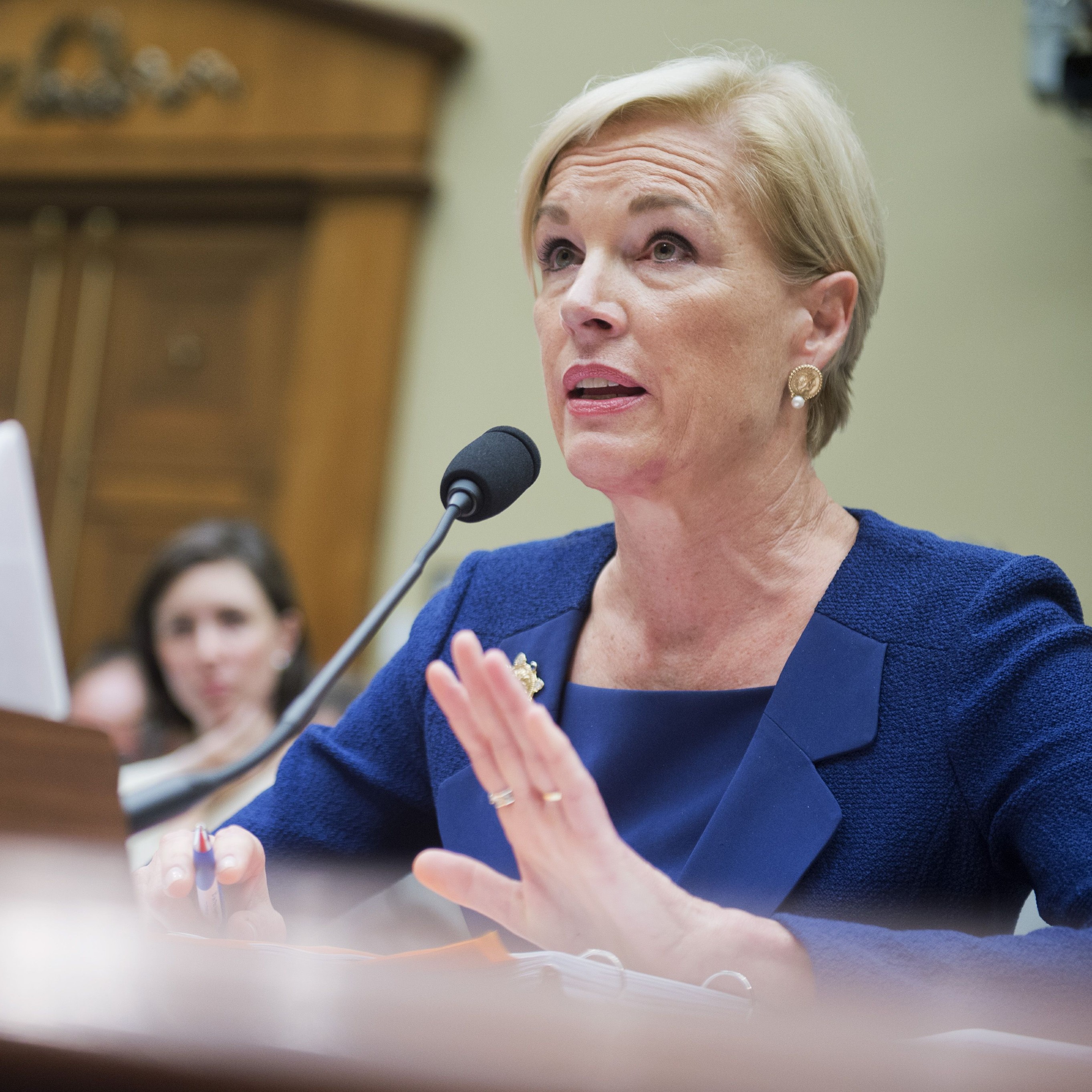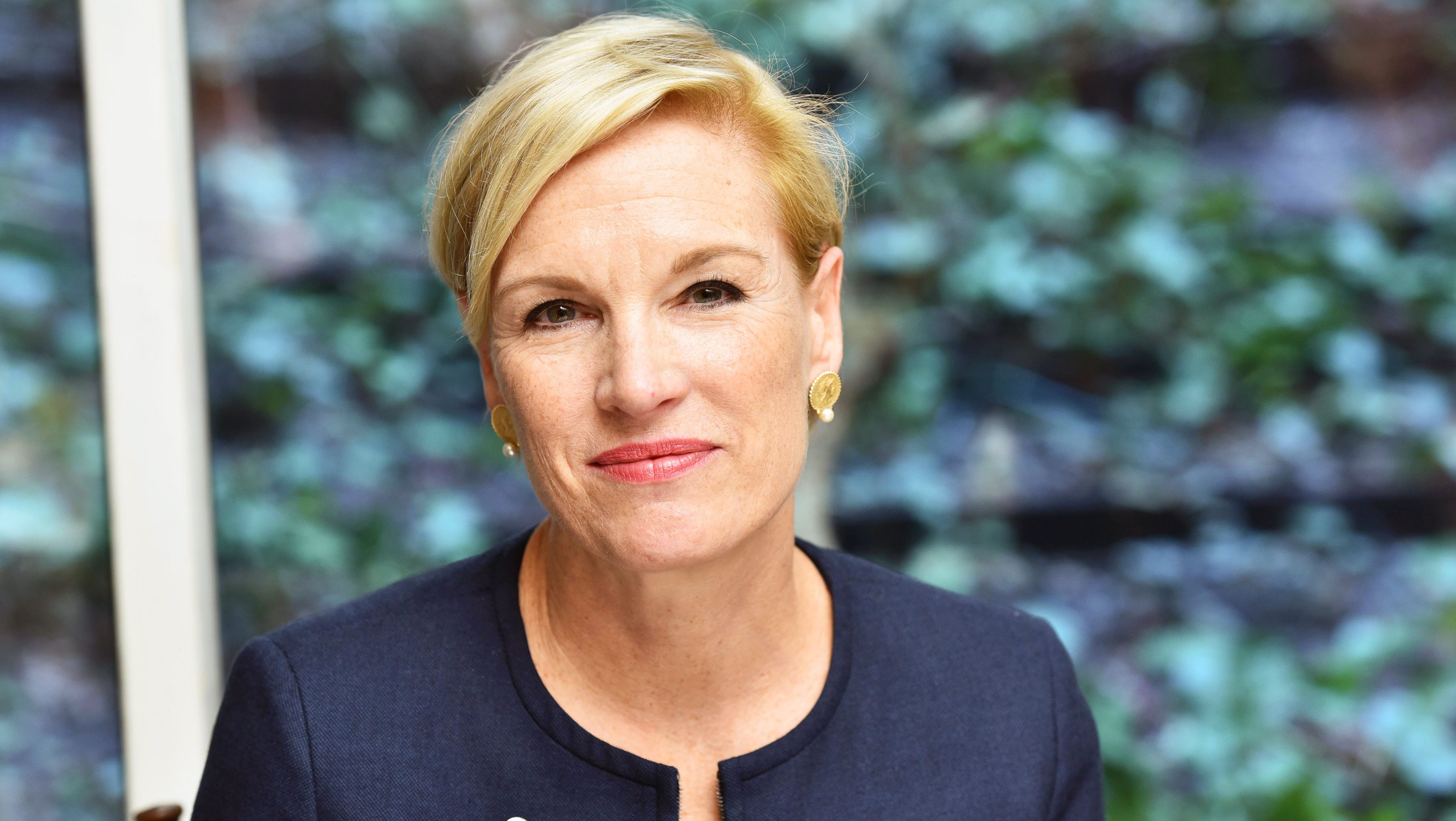
She may be known as the storied ex-president of Planned Parenthood, but Cecile Richards remains a lifelong advocate for both the reproductive rights organization and women's rights more generally. Less than a week after the 51st anniversary of Roe v. Wade, Cecile Richards announced that she has brain cancer. The Cut broke news of her illness, but as Richards made clear in the story, her lifelong fight for women’s equality continues—and is arguably more staunch than ever.
“The last six months have been wild—but thanks to incredible health care providers and the support of family and friends, I’m doing really well. I’ve felt lucky all my life, and I feel lucky now: to be here, doing this work, alongside all of you,” Richards, 66, wrote on X.
Six months ago, after finding she had trouble writing, Richards checked into the emergency room at New York University, where doctors discovered a brain tumor. Her discharge from the hospital closely coincided with the birth of her first grandchild.
Other women’s advocates rushed to express their sympathies and thank Richards for all she's done for women’s rights. Reshma Saujani, founder of Girls Who Code and Moms First, formerly the Marshall Plan for Moms, posted on Instagram, “She’s supported and pushed our leadership and shared her wisdom generously. She’s fought for women’s rights and changed history. Even as she is staring death in the eyes, she is brave and inspiring and focused on how she can make an impact.”
Saujani pointed specifically to Charley, a secure abortion chatbot Richards cofounded with Tom Subak. Charley was developed with medical experts and policy advocates shortly after the reversal of Roe, and is designed to tackle the misinformation crisis and restrictions that have emerged since the Dobbs decision in 2022. The chatbot went live last September and has gained more than 17,000 visits since launch.
But Richards was fighting misinformation long before the rise of mainstream artificial intelligence. During her tenure as president at Planned Parenthood between 2006 and 2018, Richards navigated a contentious media and political landscape. In 2012, the Susan G. Komen for the Cure nonprofit announced it would cease donations to Planned Parenthood. The decision spurred Richards to launch a campaign that, two years later, led to the Komen foundation reinstating its grants.

In 2015, Richards testified before Congress, where she had to fight for ongoing federal subsidies. During the hearing she had to defend the organization after false videos of Planned Parenthood employees illegally selling fetal tissue circulated—content that was later discredited. “The outrageous accusations leveled against Planned Parenthood based on heavily doctored videos are offensive and categorically untrue. I realize, though, that the facts have never gotten in the way of these campaigns to block women from health care they need and deserve,” Richards told the committee.
In 2018 Richards stepped down as president of Planned Parenthood. That year, she released the memoir Make Trouble: Standing Up, Speaking Out, and Finding the Courage to Lead. In 2019 Richards cofounded Supermajority, a women’s organization that encourages political activism and supports women running for office; it continues to operate.
In 2021, Richards joined the board advisers of American Bridge 21st Century, an organization that deploys research, video tracking, and fact-checking to hold conservative lawmakers accountable. The organization is the creator of Repro-files, a research hub that reports on Republican candidates and their stances on abortion, especially in key states. Richards currently serves as co-chair.
Despite her prestigious titles, Richards is very much a grassroots advocate. “She wants to document what’s happening on the ground in abortion-ban states. She still talks to politicians and activists and organizers and organization presidents,” The Cut writes.
In between twice-weekly treatments for cancer, The Cut also reports that Richards is still talking to movement leaders about strategy for the 2024 elections. As Richards said, “Why should your life only be about you?”







